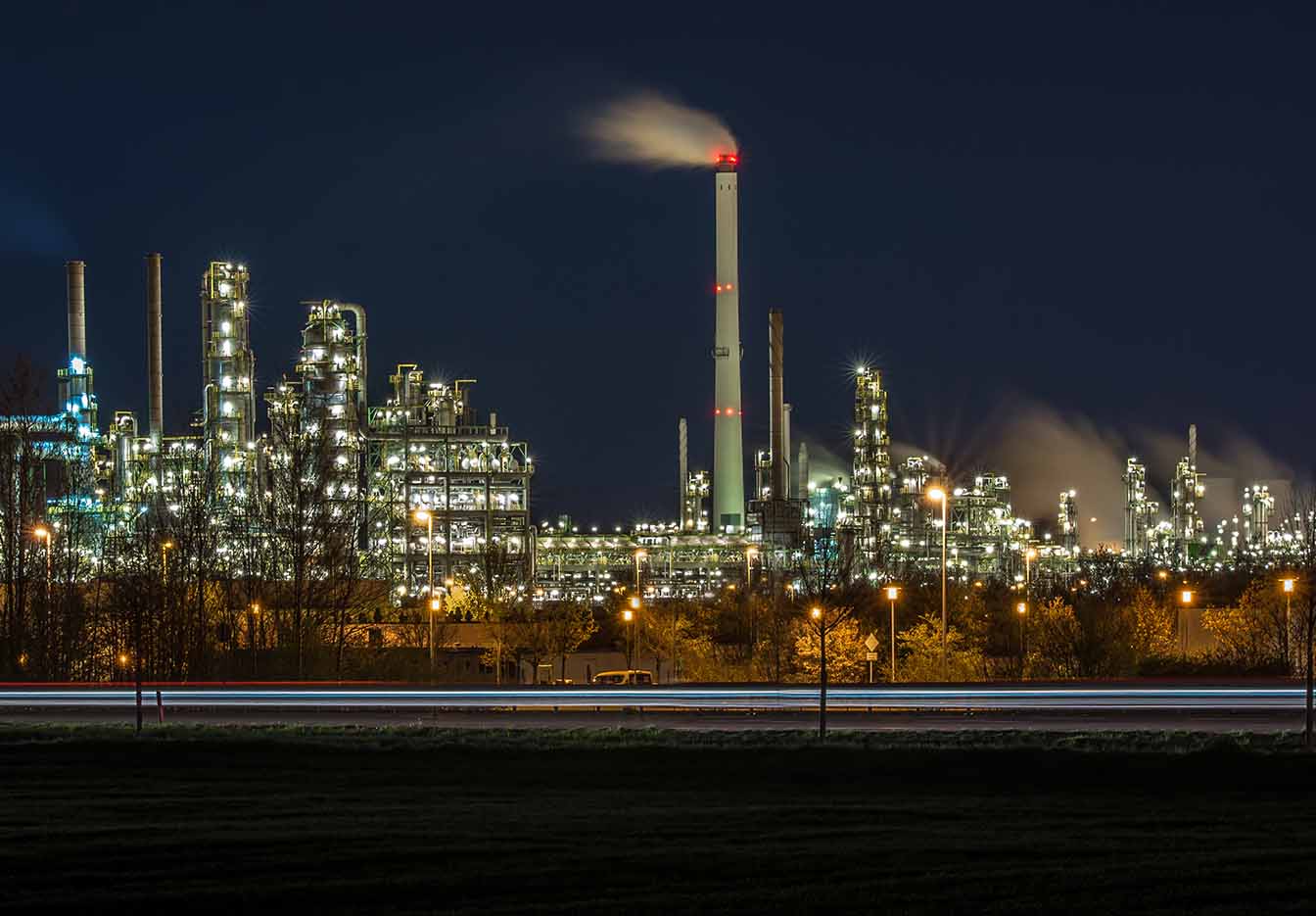Environmental-Social-Governance – or ESG for short: No company can afford to ignore these three areas of corporate responsibility if it wants to show its stakeholders that it is acting sustainably and consciously. After all, whether they are investors, employees, suppliers or partners, the vast majority of people and organizations pay attention to the contribution that a company they support makes to nature and humankind.
Especially in a corporate industrial context, the goal of climate-neutral production processes, as also promoted and demanded by the governments, involves a clear strategic orientation and a variety of individual measures. In this context, the market for renewable energies and state-of-the-art storage solutions offers much potential with regard to achieving ESG targets.
Measuring sustainability in companies: What does ESG stand for?
First off, let’s start with a glimpse at the terminology. The acronym ESG is used in economics and social science to refer to the three sub-areas of environmentally and socially compatible, as well as value- and guideline-compliant corporate management, which is often colloquially referred to as sustainable management. While there is no universally valid definition, it is commonly acknowledged that companies must develop a strategy and report transparently on their activities. The following three sub-areas are distinguished.
Ecological sustainability: E for Environmental
The E in ESG stands for environmental – meaning the environmental dimension. This criterion is specifically concerned with the extent to which a company’s processes cause damage to the environment, emit greenhouse gases or other pollutants, consume resources and/or make efficient use of energy required for manufacturing, recycling and disposal processes. Sustainability efforts in this area are primarily concerned with the question of how processes can be electrified, CO2 can be saved and “clean” energy can be made available and stored in a reliable, economically viable and sustainable manner.
Social sustainability: S for Social
In the S dimension “Social”, social and societal aspects of entrepreneurial activity are highlighted. The focus in this context lies on the respect for human dignity at all levels: How are employees, partners and customers treated? How is diversity, occupational safety or health protection handled? With a view at the entire value chain, a supplier’s compliance with human rights or the prohibition of child labor is also considered under this aspect, particularly against the background of the German Supply Chain Act.
Economic sustainability: G for Governance
The “G” in ESG stands for governance, hence responsible corporate management. This refers in particular to the parameters of “fairness” and “transparency” as well as compliance with the company’s own and general guidelines, laws and regulations. Transparent information and measurable strategies on these topics should enable stakeholders to gain comprehensive insights of the company and are thus able to identify any potential risks.
ESG criteria: Why is sustainability important for companies?
Since companies depend on external investors and satisfied employees and partners, there is really no way around ESG efforts and transparent reporting. Large and listed companies in particular are legally obligated to do so.
It was only in January that the so-called Corporate Sustainability Reporting Directive (CSRD) came into force at EU level. By EU law, the directive must now be transposed into national law in all EU member states within 18 months (source: German Sustainability Code).Thus, large and listed companies will be required to disclose sustainability information in their management report based on uniform EU reporting standards.
What are the benefits of sustainability?
Sustainability is not only an important aspect demanded by stakeholders and legislators, but also a great opportunity for companies to put their own processes to the test and critically evaluate them against the backdrop of competitiveness and future viability. After all, the better companies are positioned in terms of sustainability, the easier it will be for them to win over investors and obtain subsidies on attractive terms. Customers and partners are known to trust companies that adopt a sustainable approach and communicate their efforts transparently. Clearly, no one wants to be associated with a company that treats its employees badly, has a reputation as an environmental offender or makes negative headlines due to inconsistencies.
Are sustainable companies more resilient?
Sustainable companies that have dealt intensively with the topic of ESG and its dimensions are also generally considered to be more resilient: They have a good structure and a comprehensive overview of all company areas and processes, regularly conduct supplier screenings and deal with environmental aspects and legal requirements. This also enables them to react more quickly in the event of a crisis, for example if bottlenecks occur or they need to provide information at short notice. Last but not least, switching to production sustainably powered by renewable energies gives companies additional flexibility and independence.
Climate-neutral production: Achieving ESG targets with sustainable manufacturing processes
In the industrial context, great importance is attached to sustainable manufacturing processes. After all, regenerative energy sourcing and sustainable energy management is a major topic that offers a great deal of potential at all levels. By turning away from fossil fuels, for example, and using regeneratively produced energy, many companies are making a clear statement in the direction of sustainability. At the same time, they can benefit from a wide range of funding opportunities and prepare for a future-proof energy management.
Electrification via renewable energies
In order to achieve its climate targets and drive forward the electrification of industrial processes that is so urgently needed, Germany for example passed the most significant energy policy amendment in decades in spring 2022. Companies that follow suit benefit not only from an excellent ESG record, but also from a continuously expanding energy infrastructure, subsidies, and long-term independence from the volatile oil and gas markets.
Realizing ESG targets with the ThermalBattery™
When it comes to energy transition in general and the implementation of ESG targets in particular, energy storage systems play an important role. Thanks to modern technologies, such as ENERGYNEST’s ThermalBatteryTM , renewable electricity can be purchased at particularly favorable times, stored and used delayed in industrial processes in the form of heat or steam. Thus, in combination with heat pumps or electric boilers (“power-to-heat systems”), for example, even energy-intensive processes can be sustainably electrified. Another advantage: Thanks to the solution, which – depending on the contract model – can also be operated without acquisition costs, companies are able to integrate their own renewable energy generation systems into production processes.
In doing so, they secure a forward-looking energy solution that supports a circular and decarbonized system as well as meeting their sustainability and ESG targets.
Are you interested in ENERGYNEST, or have any questions regarding our thermal energy storage solutions or our applications for your specific industry?
Don’t hesitate to drop us a line.



